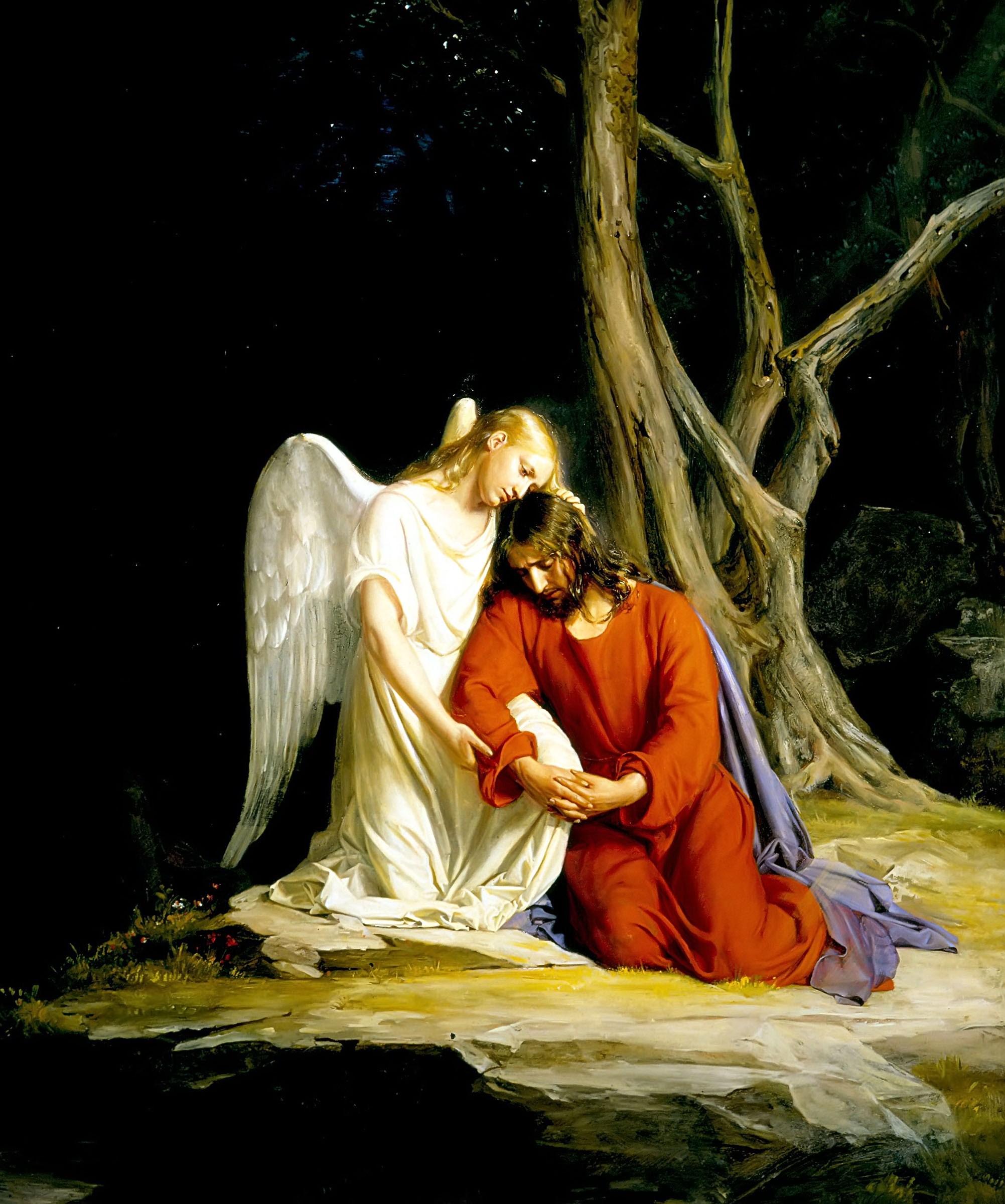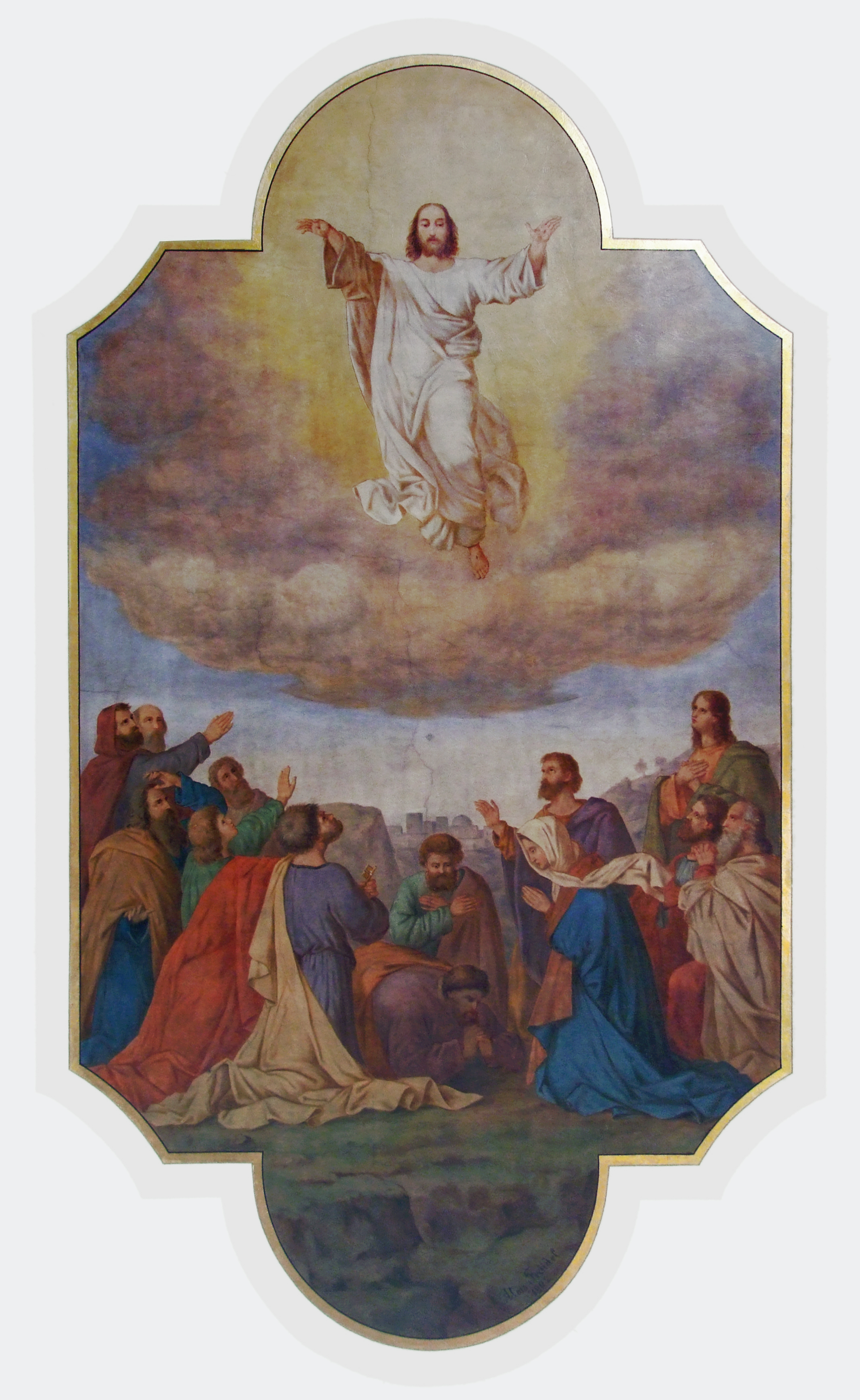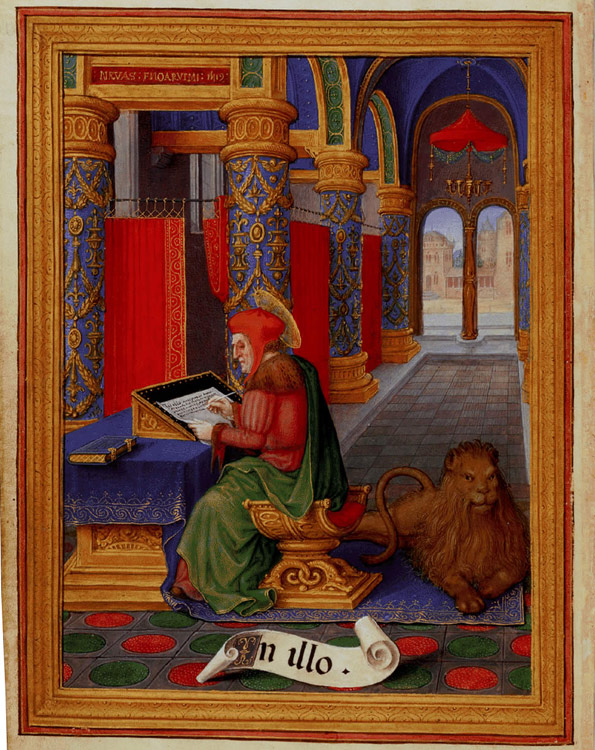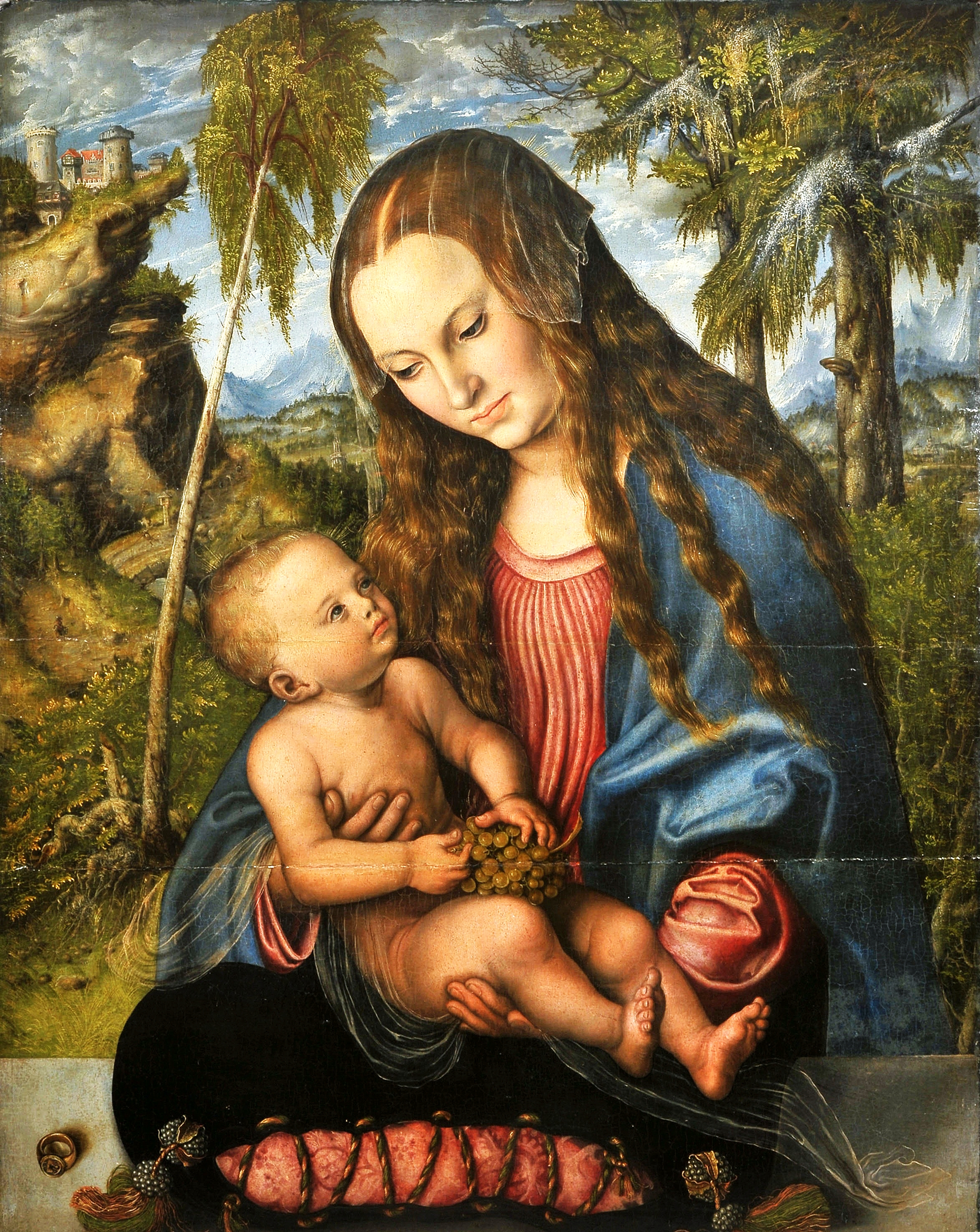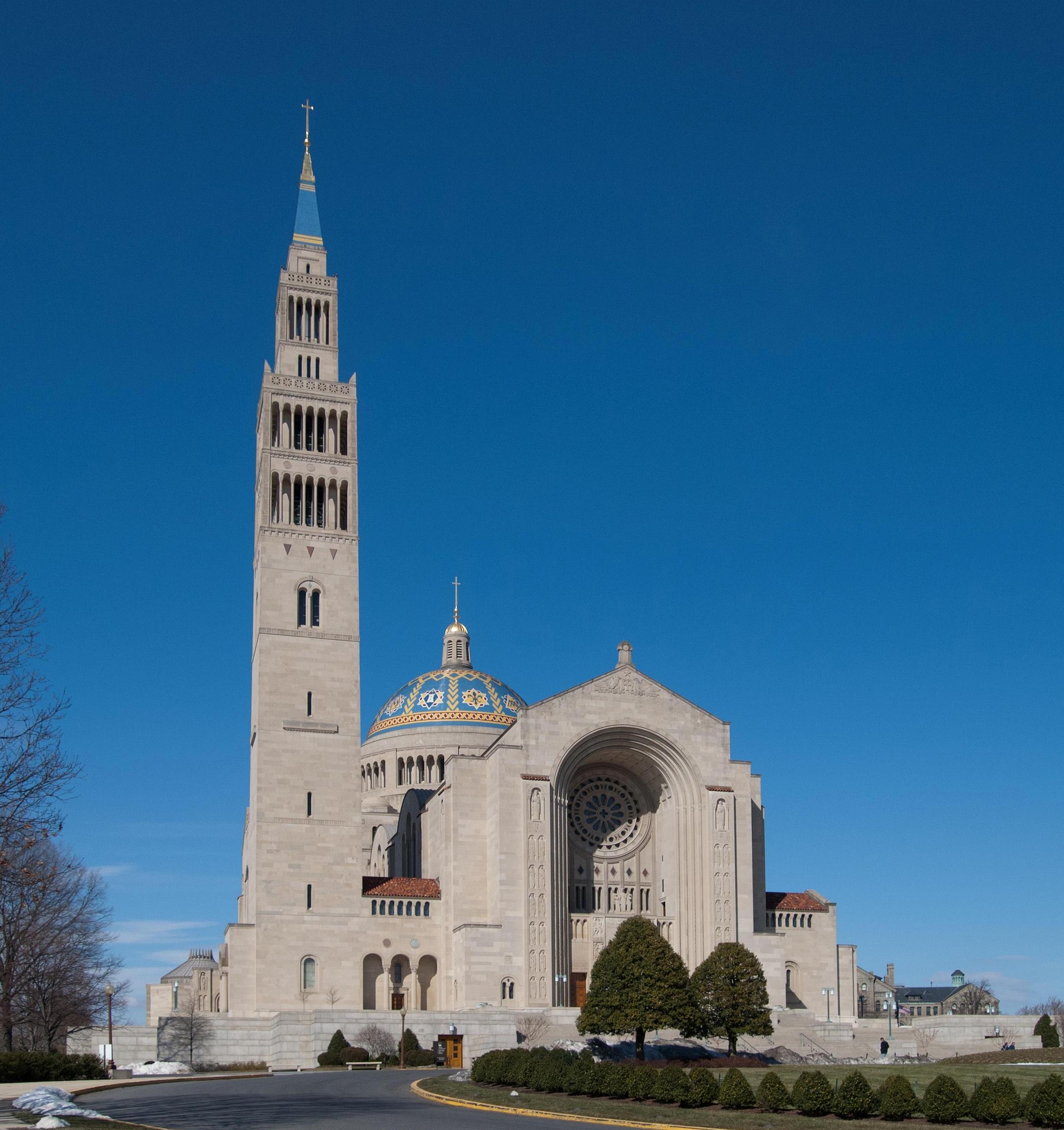_-_The_Last_Supper.jpg) |
The Last Supper by Ambrosius Francken via Wikimedia Commons
|
This week I spent half a day in the Emergency room with my mom after she had a severe asthma attack. (She is okay now.) As soon as she was able to talk again, she immediately began lengthy conversations with every nurse, tech, volunteer or doctor who entered her room. That's my mom--if you are within her eyesight, she will learn your life story and you will learn hers. Guaranteed. Doesn't matter where she is or whether she can even breathe properly. It is her special gift.
When one nurse casually remarked that she was trying to be a "good Catholic girl," my Baptist mother began to explore the lady's faith and life. We learned about her education, her career history, her plans for the future, her husband's health and his career. (I told you,my mom is very thorough!) When the nurse told us that she had recently moved to our town, my mom immediately began recruiting her to my church! When she shared that she had been "born Baptist," my mother exclaimed, "so was she!!!!" gesturing proudly at me.
Mom told her all about my conversion and how great my priest is and how wonderful she thinks the Sister who runs the RCIA program in my parish is. (My mother is the kind of mom who thinks EVERYTHING about her children is the BEST! People and things around us are also the best by association.)
As amazing as my mother's incredible PR job for the Catholic church in general and my parish in particular was, the most amazing moment came when mom asked the nurse why she had converted. "You just know when it's right," she responded.
That's exactly how I felt. Like me, her first real encounter with Catholicism happened when she accompanied a friend to Mass. Also like me, she was first attracted to the reverence of Catholic worship. And, also like me, she takes comfort and joy in knowing that Catholics everywhere around the world are reading the same scriptures and praying the same prayers. At the same time! There is a joyful resonance in the feeling of that powerful connection across distance, culture, race, politics, economics. It is the actual meaning of the word "catholic."
According to Dictionary.com, "catholic" means:
1. broad or wide-ranging in tastes, interests, or the like; having sympathies with all; broad-minded; liberal
2. universal in extent; involving all; of interest to all
This unity of spirit helps bring me closer to God. I feel reassured that our history, though troubled at times, stretches directly back to Jesus as He taught the Apostles, and even earlier than that to Abraham, Isaac, and Jacob/Israel. I am strengthened by the idea of the Apostolic succession, that once Jesus told Peter, "you are my rock, upon you I will build my Church," that that is exactly what happened. Then, for almost 2,000 years that awesome responsibility has been passed from Peter to pope to pope.
 |
| © Marie-Lan Nguyen / Wikimedia Commons, via Wikimedia Commons |
The Church has not been perfect. We cannot take pride in things like the Inquisition, the scams of indulgences, and various corrupt leaders over the centuries. But, at the very heart of it, we have this real, physical connection to Jesus. He touched the Apostles, who touched their disciples, who passed that loving touch down to us. Each time, the minister gives me the Host, the miracle of transubstantiation is not just the bread becoming flesh but the passing of that Eucharist directly from Jesus at the Last Supper in the Upper Room at the dawn of a new age to me in a church in a small southern American city two millennia later.
So, I hope that each of us will invite our friends to come with us to Mass so that they also can discover this universal connection to God and each other that is also very personal. All are welcome. Including nurses, techs, volunteers, and doctors--and if my mother keeps it up, they all will soon be converted!
